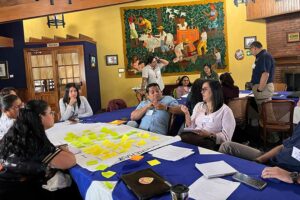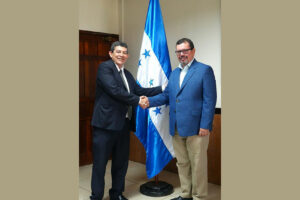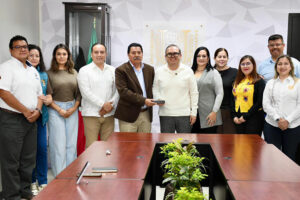CATIE promotes the National Dialogue on Sustainable Livestock 2025 in Panama
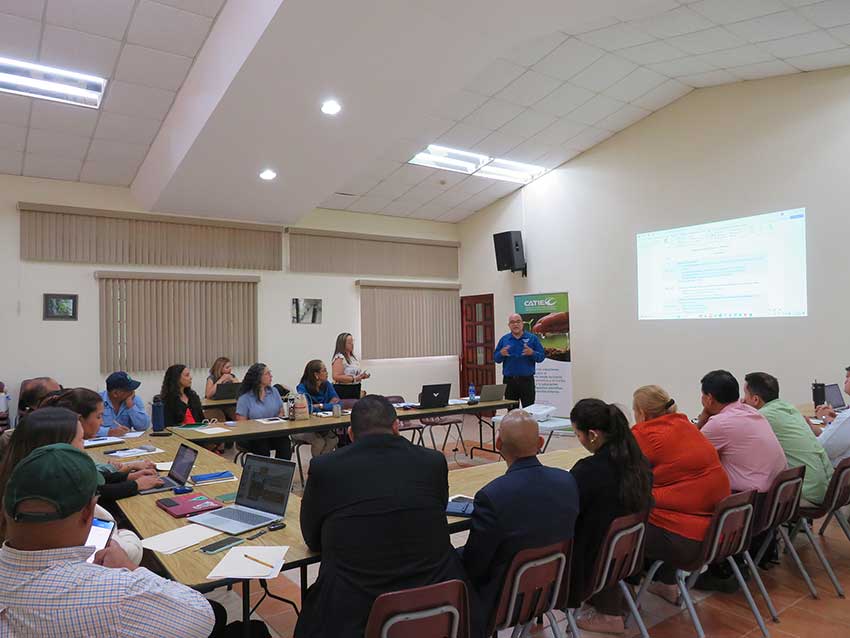
- The meeting brought together key actors from the livestock sector to exchange sustainable, climate-resilient, and low-emission policies and practices.
With the participation of government institutions, livestock associations, cooperation organizations, academia, and civil society, the National Dialogue on Sustainable Livestock 2025 was held at the Metropolitan Natural Park in Panama.
The event was organized by CATIE (Tropical Agricultural Research and Higher Education Center), together with the Ministry of Agricultural Development (MIDA), the Ministry of Environment (MiAmbiente), and the National Cattle Ranchers Association (ANAGAN). The initiative brought together more than 25 representatives from various organizations to analyze progress, challenges, and commitments toward a competitive, low-emission, and climate-adapted livestock sector.
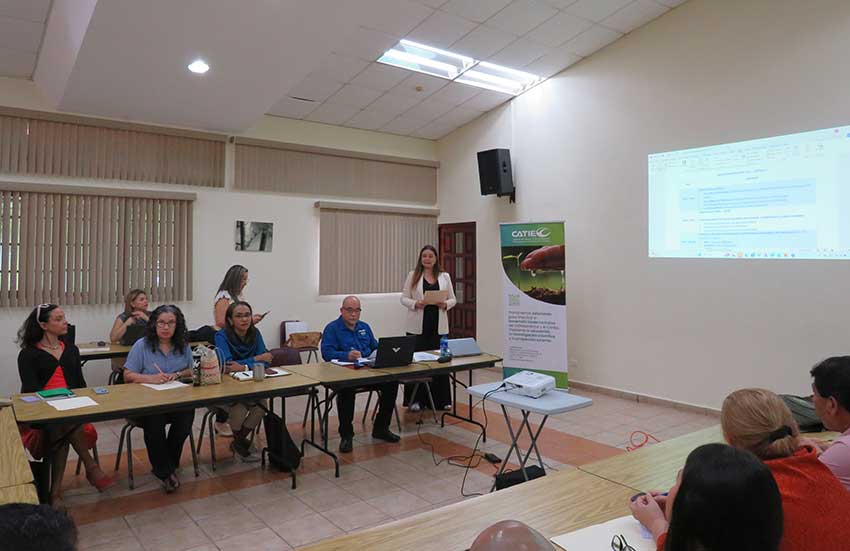
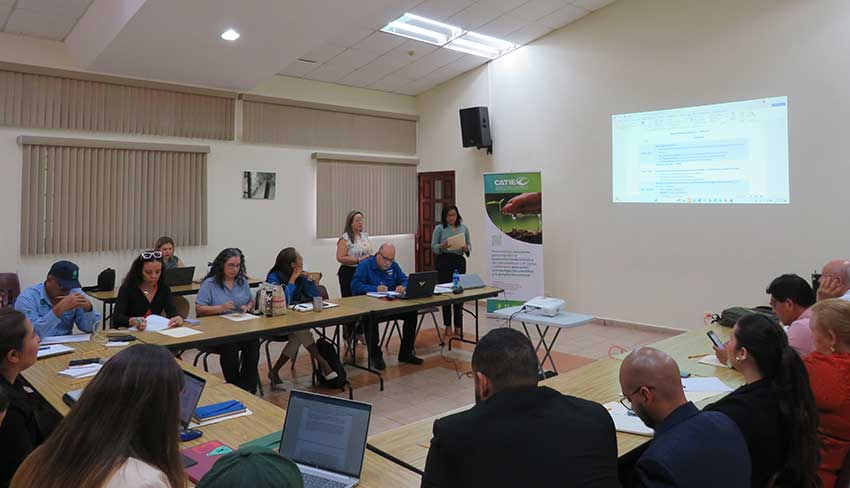
Multisectoral commitment
Sara Feliú Horne, Director of Livestock at MIDA, emphasized that the commitment to producers is reflected in concrete actions such as genetic improvement, technical assistance, and the promotion of innovative farms, noting that the transition toward more sustainable livestock production is a major challenge but also an opportunity to mitigate climate change.
From the Ministry of Environment, Katherine Martínez underlined that livestock activity is an economic pillar, although it faces the effects of climate change, which demands the creation of more resilient systems through practices such as silvopastoral systems and efficient water management.
Meanwhile, the President of ANAGAN, Samuel Vernaza, highlighted that these spaces make it possible to exchange multisectoral perspectives and chart a roadmap to ensure that Panamanian beef is resilient and environmentally friendly.
These contributions consolidate the consensus-based roadmap developed during the dialogue and reaffirm the shared vision toward a competitive and sustainable livestock sector.
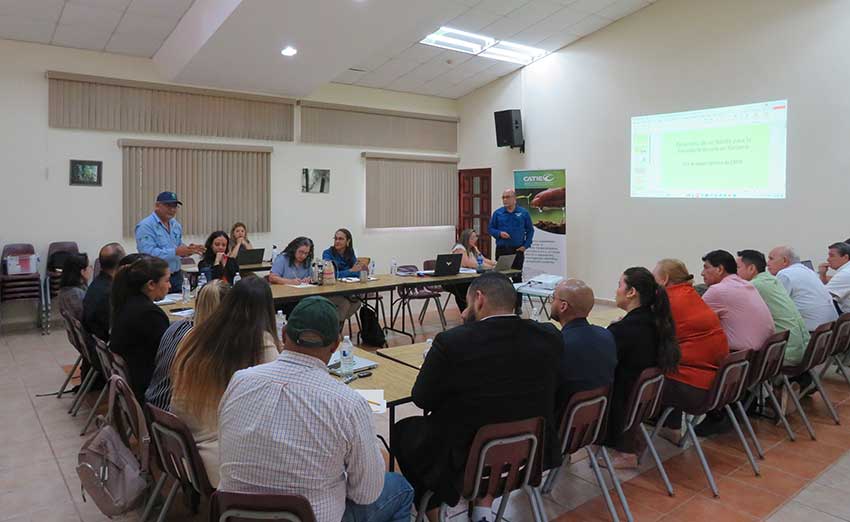
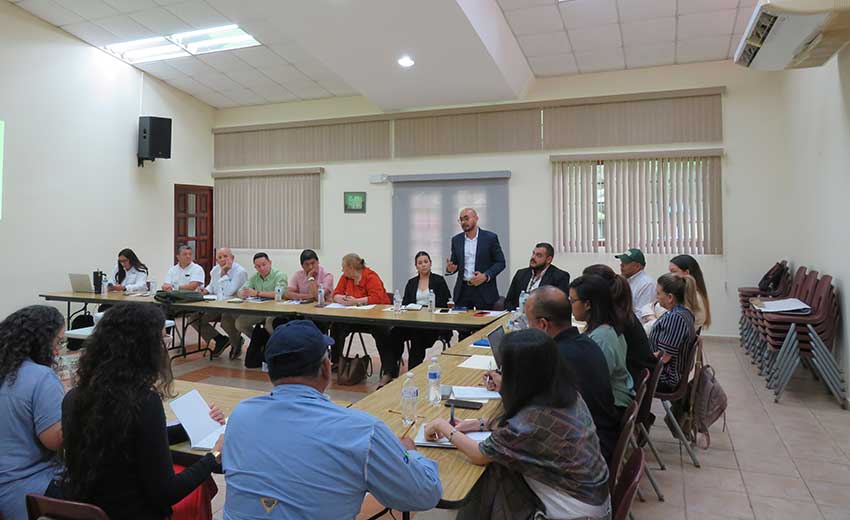
Elvin Britton, CATIE’s Representative in Panama, emphasized that there are multiple valuable efforts and initiatives that still remain isolated. He pointed out that the major challenge is to unite them to consolidate a “continent of efforts” that will enable Panama to fulfill its international commitments and advance a common work agenda. Britton also invited participants to ensure that this dialogue marks the beginning of something concrete that transcends good intentions and results in tangible outcomes for the country.
During the session, key topics addressed included:
- The current panorama of the livestock sector in Panama, commitments, and ongoing goals.
- Advances in innovation and technology transfer, presented by organizations such as the Panama Canal Authority (ACP), Audubon Society, National Association for the Conservation of Nature (ANCON), PONTERRA, the Agricultural Innovation Institute of Panama (IDIAP), and the Food and Agriculture Organization of the United Nations (FAO).
- Thematic working groups that defined concrete actions to identify major challenges and solutions to address them in areas such as environmental practices, technology, governance, and finance.
At the conclusion, participants reached consensus on the importance of joint efforts and the creation of an inter-institutional roadmap with immediate commitments and short-term goals aimed at strengthening the sector’s sustainability and promoting access to green financing.
This joint effort reaffirms Panama’s commitment to the 2035 Agenda and to the implementation of policies that integrate agricultural production, biodiversity conservation, and climate change adaptation.


More information:
Claudia Sepúlveda
Coordinator
Livestock and Environmental Management Unit
CATIE
csepul@catie.ac.cr
Written by:
Gina Samanti Puerto Morazán
Communicator
Communicator
Project Transforming the Honduran Livestock Sector Towards a Low-Carbon Economy (MAF-Ganadería-HN)
CATIE
gina.puerto@catie.ac.cr

